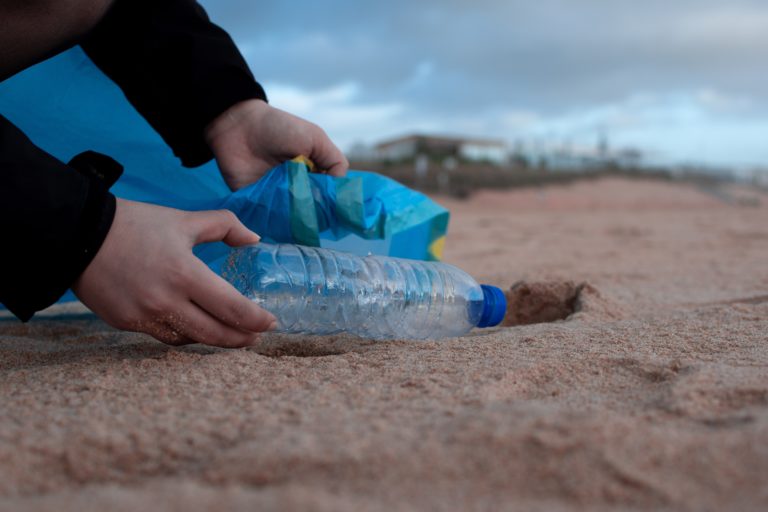How to Keep Our Waterways Clean, Safe, and Beautiful
At Dockshare, our team and members share a deep love for the water, which drives our daily commitment to keeping our waterways clean, safe, and beautiful. As a Baltimore-based organization along the Chesapeake Bay, we take water quality seriously. Water pollution and runoff are among the biggest ecological challenges our waterways face. According to the latest U.S. Environmental Protection Agency surveys on national water quality, nearly half of our rivers and streams, and over one-third of our lakes, are polluted and unsafe for swimming, fishing, and drinking.
We’re committed to seeing the Chesapeake Bay, and all waterways, thrive for generations to come. With a mission to make water access available to everyone, we recognize the responsibility we all share. Each of us can contribute through simple actions at home, work, school, and play. Here are a few tips to help keep your local waterways clean:

1. Donate
It’s often tough to get out and personally clean up the waterways, but thankfully there are plenty of organizations that oversee the hard work, including several local nonprofit organizations to which you can donate. The Chesapeake Bay Foundation and the Alliance for the Chesapeake Bay help save the bay every day.
2. Cut back on chemical pesticides and fertilizers
Chemical pesticides and fertilizers eventually runoff into local waterways. These can be dangerous pollutants that cause disease and unmanageable algae blooms. There are numerous alternatives to pesticides and chemical fertilizers. Do your part by using these as much as possible.
3. Use biodegradable cleaning products
Incorporating biodegradable cleaning products into your daily or weekly cleaning regimens will ensure that you are using safe, non-toxic, and compostable ingredients that don’t adversely affect nature and the waterways. Check out your cleaning products and see if they have the Design for the Environment (DfE) label presented by the Environmental Protection Agency (EPA).
4. Clean up after your pet
Cleaning up after your pets may seem like a small, everyday task, but it plays a crucial role in protecting our waterways. Animal waste negatively impacts water quality. Like fertilizer, waste runoff harms the ecosystem, contributing to harmful algal blooms that can lead to dead zones.
5. Get your cars/boats inspected regularly
Cars and boats are common sources of oil and gas leaks, which often begin on pavement but eventually make their way into local waterways. Regular maintenance of your car and boat can help prevent leaks from occurring, safeguarding the local ecosystem and wildlife from harm.
6. Wax your boat and use non-toxic cleaners
Boats require tons of maintenance to keep them running smoothly. This often requires many solvents, soaps, and oils. However, waxing your boat can protect it from damage and ease the need for harmful detergents. When you do need to wash your boat, opt for non-toxic cleaners.
7. Avoid impervious surfaces
Surfaces like pavement and concrete do not allow water to seep into the soil below. Instead, water collects and runs into the gutter- carrying every piece of trash and harmful chemical with it. If possible, avoid paving areas of your property that aren’t completely necessary. If you are replacing your driveway, consider alternate options that allow water to drain into the ground.
8. Do not litter
This seems easy enough, but people forget it all too often. Even small things like plastic wrappers eventually find their way into local waterways. This is harmful to wildlife and increases the ever growing microplastic issue in the world. Do your part and throw trash in the garbage can and recyclables in the recycling bin.
9. Organize your own beach clean-up event
Preserving the cleanliness, safety, and beauty of our waterways allows us to play an active role in keeping our waters thriving. By making more mindful choices and adjusting our habits, we can have a significant positive impact on the ecosystem. It’s our water—let’s take responsibility for it. “Save water, and it will save you.”
